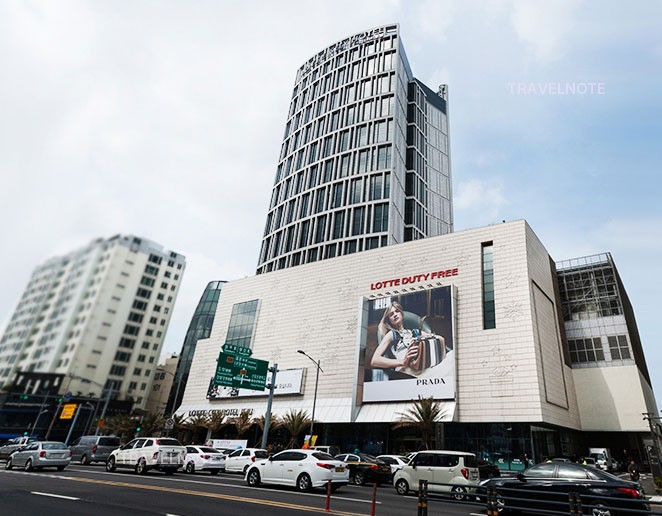
Recently, according to Yonhap data disclosure, South Korea's duty-free shops seem to usher in the "spring", sales have increased by nearly 14% over the same period last year, but this bright color in the face of a sharp rise in the number of tourists, but it is particularly bleak. The huge gap between the 45.6 per cent increase in visitor numbers and the fact that sales have not grown at the same pace calls into question the reputation of "duty-free shopping paradise".
Ironically, the culprit for this embarrassing situation is the defection of the foreign tourists who used to bring in a lot of money for duty-free shops. In the past, they flocked to duty-free shops, shopping lists in hand, and swooped for high-end goods like bees. Now, the popularity of social media has turned that model upside down, and the rise of individual travel has made travelers more likely to be city explorers than duty-free shop devotees. They weave through narrow streets, seek out small shops and local brands hidden in the streets, enjoy the pleasure of cheap shopping, and all this has inexorably pushed duty-free shops to the edge.
Individual travel has been given a special label by The Times, they not only pursue personalized experience, but also are keen to show their attitude towards life through social media. As a result, duty-free shops are no longer their first choice, where expensive labels and identical goods can no longer satisfy their desire for uniqueness and authenticity. On the contrary, those shops that can integrate into local life and experience authentic culture have become their new favorites. Duty-free shops, once a beautiful shopping mecca, have now become an "antique" in their eyes.
The continued rise of the Korean won against the US dollar has added to the plight of duty-free shops. The price advantage that was supposed to be one of the main attractions for tourists is now negligible. Under the leverage of the exchange rate, the price of goods in duty-free shops is no longer competitive enough, and tourists' desire to shop naturally cools down. Combined with high labor costs, airport rental fees and rising marketing expenses, the operating costs of duty-free shops snowball and eventually overwhelm them.
In the face of such difficulties, South Korea's duty-free shop giants have offered a "self-rescue" big move. Lotte Duty Free took the lead, declaring an emergency operation and launching a series of restructuring and cost-cutting measures. The launch of the voluntary retirement scheme makes people sigh that the once-glorious tax-free empire has now had to bow to reality and survive by laying off staff. And this scene, is not a profound irony to the plight of the entire industry?
What is more thought-provoking is that behind this series of changes reflects not only the rise and fall of the duty-free shop industry, but also a profound change in the global tourism consumption pattern. Under the double impact of social media and individual travel, traditional shopping patterns are gradually being disrupted, replaced by a more diversified and personalized consumption experience. If duty-free shops want to survive in this change, they must abandon the past mindset, actively embrace change, and find new growth points.
However, unfortunately, from the current situation, it seems that duty free shops in South Korea are still in the same place, failing to keep up with the pace of The Times. They are still obsessed with the glory of the past, trying to recover the lost market through simple price wars and marketing tactics.

Since 2025, the conflict between the United States and Europe over the governance of the digital economy has continued to escalate.
Since 2025, the conflict between the United States and Euro…
When German Chancellor Mertz officially announced that he w…
On December 3rd local time, the copper price on the London …
The European Commission announced a new economic security s…
The European Commission announced a new economic security s…
For nearly a year, US President Donald Trump has launched a…